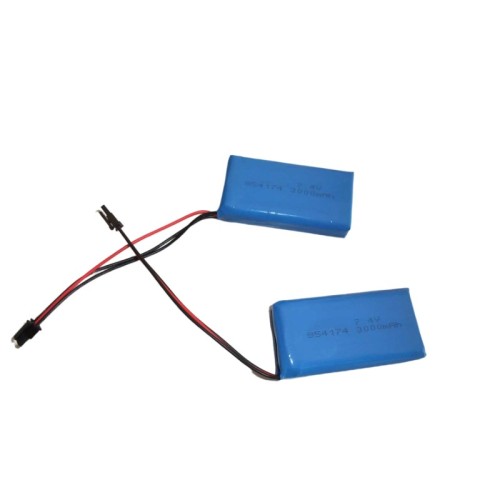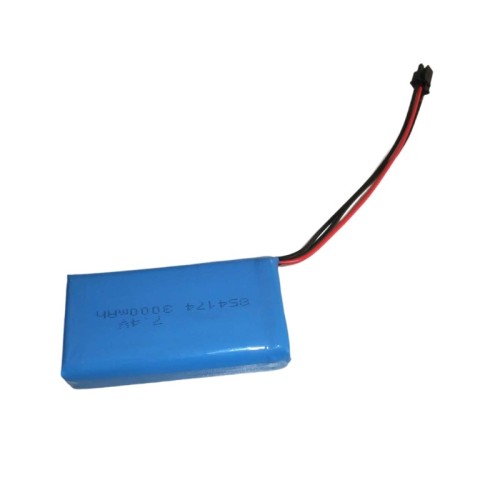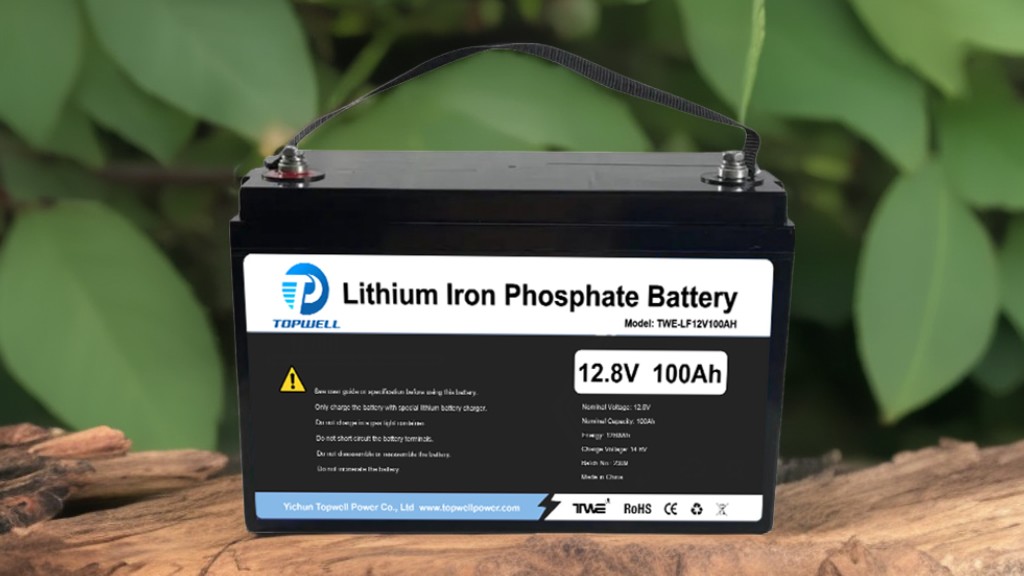Compared with other high-energy secondary batteries such as Ni-Cd batteries, Ni-MH batteries, lead-acid batteries, etc., Li-ion batteries have significant advantages in performance, which are mainly reflected in the following aspects.
(1) High working voltage
Using carbonaceous lithium intercalation compounds such as graphite or petroleum coke instead of metal lithium as the negative electrode will reduce the battery voltage. However, due to their low lithium intercalation potential, the voltage loss can be minimized. At the same time, selecting a suitable lithium intercalation compound as the positive electrode of the battery and selecting an appropriate electrolyte system (determining the electrochemical window of the lithium ion battery pack) can make the lithium ion battery pack have a higher working voltage (4V), which is much higher than in aqueous system batteries.
(2) Large specific capacity
Although the replacement of metal lithium with carbonaceous materials will reduce the mass specific capacity of the material, in fact, in order to ensure a certain cycle life of the metal lithium secondary battery, the negative metal lithium is usually more than three times excessive. The actual reduction in mass specific capacity is not large, and there is little reduction in volume specific capacity.
(3) High energy density
Higher operating voltage and volumetric specific capacity determine the higher energy density of secondary lithium-ion batteries. Compared with Ni-Cd batteries and Ni-MH batteries, which are widely used at present, secondary lithium-ion batteries have the highest energy density and still have great development potential. The battery using metal lithium as the anode is unsafe is that the structure of the positive electrode of the lithium ion battery changes and the porous dendrite is formed. It can pierce the separator and cause an internal short circuit, and lithium-ion batteries do not have this problem and are very safe. In order to prevent the presence of metallic lithium in the battery, the voltage should be controlled during charging. For the sake of insurance, lithium-ion batteries are equipped with multiple safety devices. Lithium-ion batteries do not have any structural changes in the intercalation and deintercalation of lithium ions on the cathode and anode during the charging and discharging process (there will be some expansion and contraction of the lattice during the intercalation and deintercalation process), and because the intercalation compound is stronger than the metal lithium It is more stable and does not form lithium dendrites during the charging and discharging process, thereby significantly improving the safety performance of the battery, and the cycle life is also greatly improved. Lithium-ion batteries were excluded as dangerous goods by the U.S. Department of Transportation's Division of Dangerous Goods Transportation and IAIT (International Association of Air and Transportation) in 1989 and 1990, respectively.
(4) Low self-discharge rate
The lithium-ion battery pack adopts a non-aqueous electrolyte system, and the lithium-intercalation carbon material is thermodynamically unstable in the non-aqueous electrolyte system. During the first charge and discharge process, a solid electrolyte interphase (SEI) film will be formed on the surface of the carbon negative electrode due to the reduction of the electrolyte, allowing lithium ions to pass through but not electrons, and allowing the electrode active materials of different charge states to pass through. In a relatively stable state, it has a low self-discharge rate.
(5) Clean and pollution-free
Lithium-ion battery packs do not contain toxic substances such as lead, fortune, mercury, etc. At the same time, because the battery must be well sealed, very little gas is released during use, causing no pollution to the environment. The solvent used to dissolve the binder in the manufacturing process can also be completely recovered. Sony and other large-scale production companies of lithium-ion batteries have started the recycling of lithium-ion batteries and the recycling of materials (such as metal drills, etc.) since 1997. In addition, in 1996, Sony's lithium-ion batteries were certified to comply with the ISO14001 international environmental standard.
(6) High current efficiency
Unlike any previous secondary batteries with aqueous systems, lithium-ion batteries do not produce gas during normal charge and discharge processes, and the current efficiency is close to 100%. This property is particularly suitable for use as batteries for power storage and conversion.est energy density and still have great development potential.
 From Concept to Market: The Manufacturing Process of LiPo (Lithium Polymer) Batteries
From Concept to Market: The Manufacturing Process of LiPo (Lithium Polymer) Batteries
 LiPo Batteries and Sustainability: Navigating Environmental Impact
LiPo Batteries and Sustainability: Navigating Environmental Impact
 Exploring the Advantages and Applications of Lithium Iron Phosphate Batteries
Exploring the Advantages and Applications of Lithium Iron Phosphate Batteries